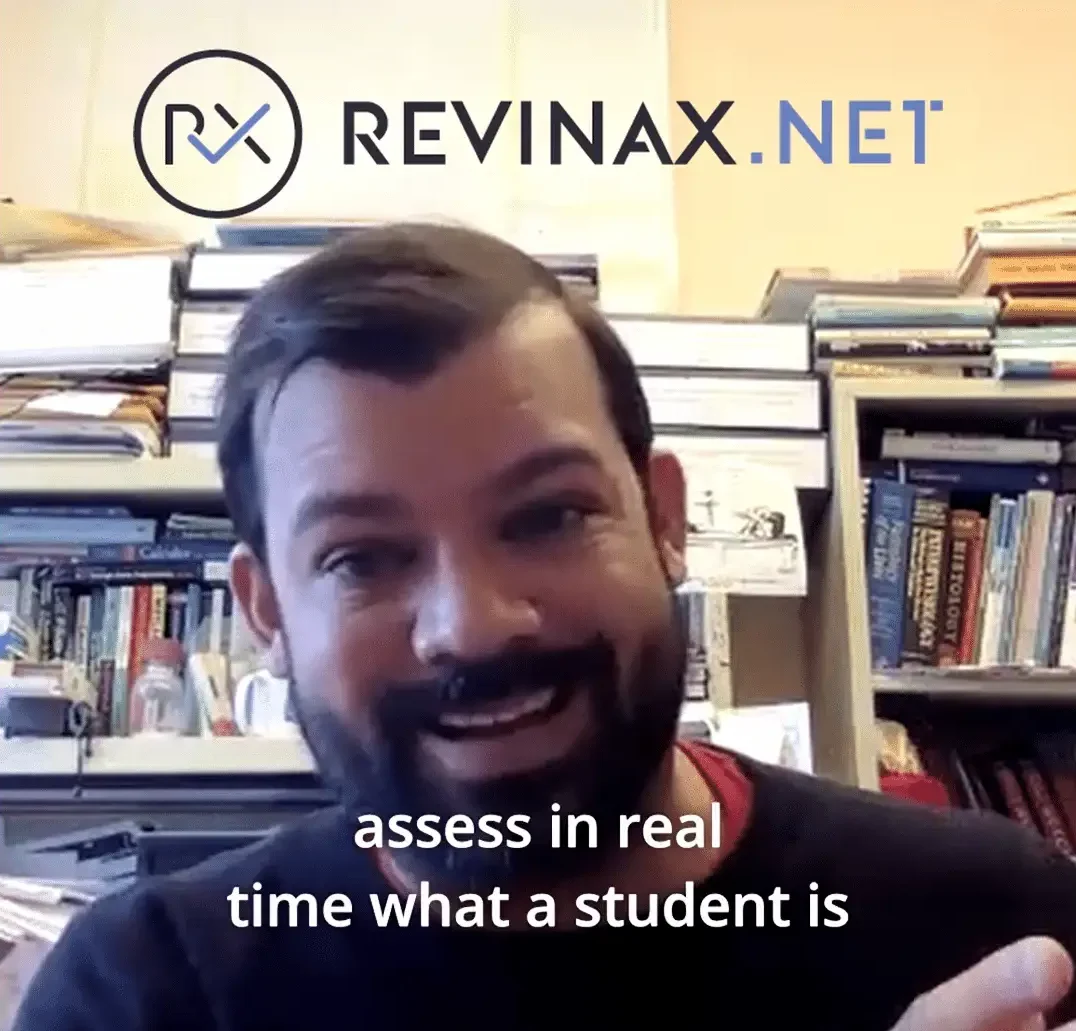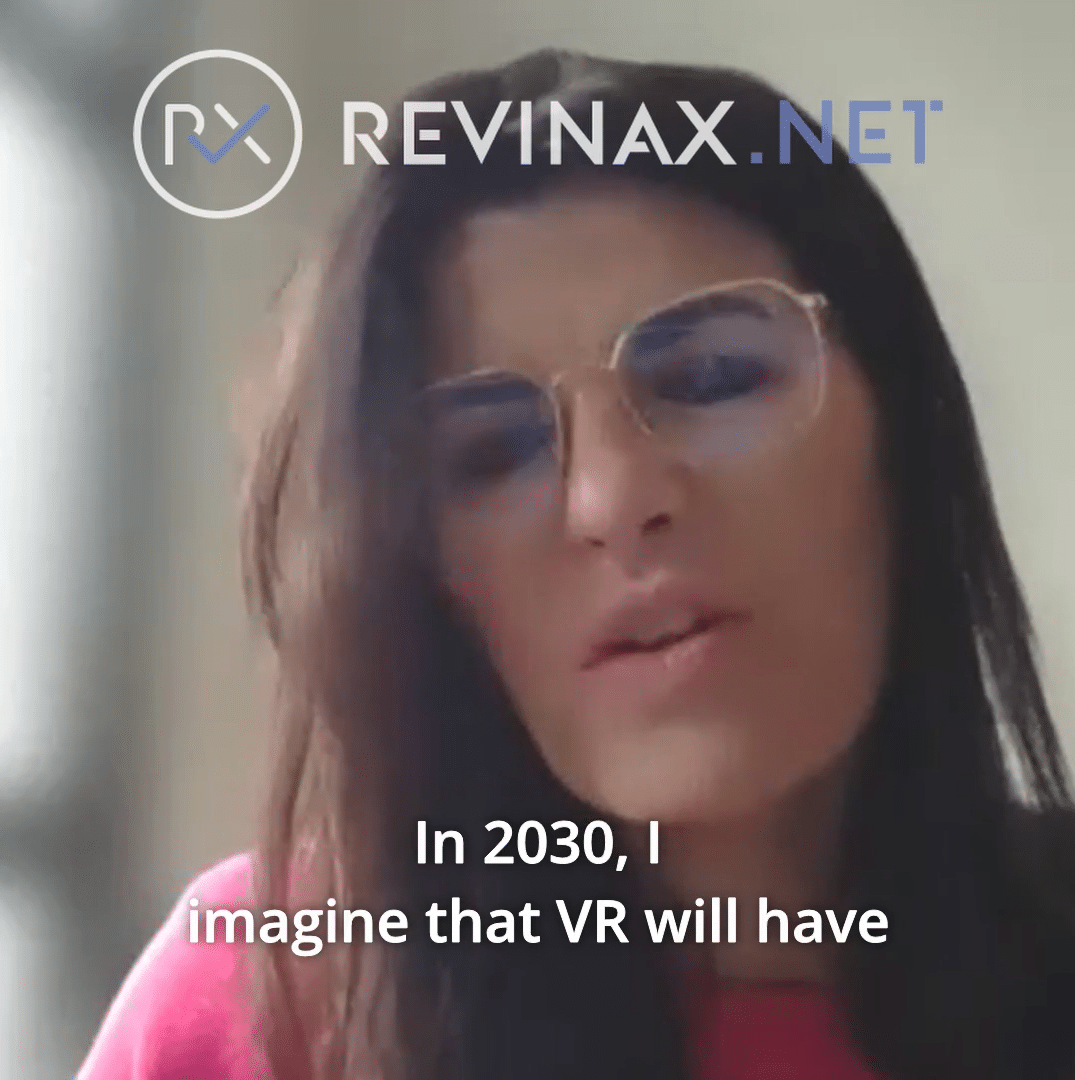Welcome aboard Revinsight, the podcast that helps you understand how organizations and individuals adopt, utilize, and track VR results.
Maxime Ros: Today, I’m honored to receive Lorenz Neuwirth. Lorenz is Associate Professor of Biopsychology at SUNY College at Old Westbury and SUNY Neuroscience Research Institute in New York.
Hey, Lorenz, what will VR 2030 look like?
Lorenz S. Neuwirth: I can imagine that we’re gonna have a lot more educational spaces with VR labs, to the extent not just by designing and implementing avatar-like and computer simulation models and gaming features. That’s always gonna be there in the background as entertainment, fun, leisure, and educational building platforms. But I really think there’s gonna be a larger context in which we’re gonna see some of these more healthcare, allied healthcare, medicalized models of teaching lab-based procedural skill instruction being moved into this space.
And what’s going to happen is that we’re gonna see a faster deployment of individuals being able to match now this virtual reality skill set to the translational in the real world skill set. And that leveraging is gonna be a gap that’s gonna be smaller to overcome than what has actually existed for years before VR was implemented in these ways.
So I think the 2030 outlook is gonna be literally the closure of that gap from these theoretical to applied skill sets in a way that we probably would have never thought to look at it before. And an extension of that has been the change of augmented reality really pushing that limit, which is really remarkable in today’s world.





